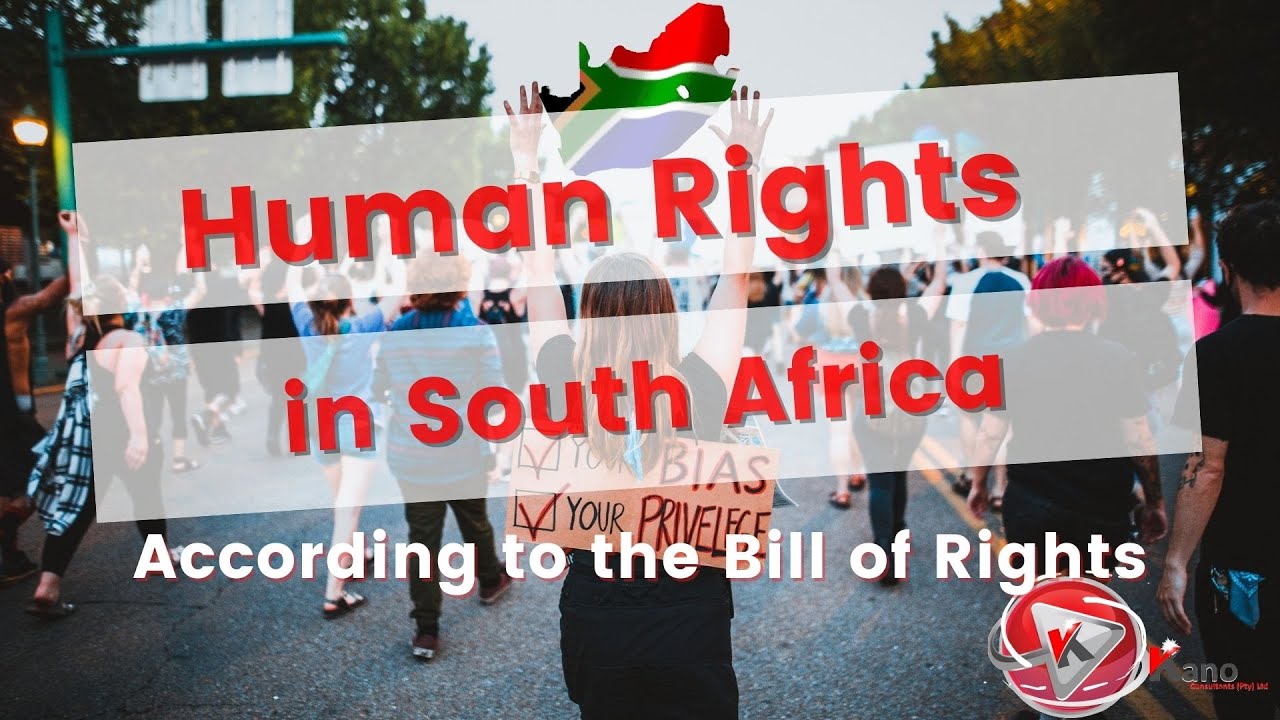Religious organisations have always been at the forefront of defending and championing human rights in South Africa. Their core values, beliefs and teachings promote compassion, fairness, justice, and equality for all human beings regardless of their social, economic, religious or political affiliations. In this article, we will explore some ways religious organisations support human rights in South Africa.
Through Advocacy and Awareness Campaigns
Religious organisations in South Africa have been actively involved in advocacy and awareness campaigns to promote human rights. They use their platforms to raise awareness on various human rights issues affecting individuals, groups, and communities. For instance, they campaign against gender-based violence, discrimination, xenophobia, and racism. In doing so, they empower individuals and communities to understand their rights and demand accountability from the government and other institutions.
Example:
- The Catholic Church runs a programme called Justice and Peace where it defends human rights at all levels of society, from individuals to communities to national and international institutions. The programme empowers communities to know their rights, speak out and take action against human rights violations.
Through Support Services
Religious organisations also provide support services to individuals and communities who are affected by human rights violations. They offer counselling, medical assistance, legal aid, and shelter to victims of abuse, violence, and discrimination. By providing these services, they create a safe and conducive environment for victims to heal, recover, and rebuild their lives.
Example:
- The Islamic Relief South Africa runs a programme called the Women's Crisis Centre, which provides shelter, counselling, and legal aid to women who are survivors of violence and abuse. The programme aims to empower these women to rebuild their lives with a sense of dignity and respect.
Through Interfaith Cooperation
Religious organisations in South Africa recognise the importance of interfaith cooperation in promoting human rights. They collaborate with other religious organisations and civil society organisations to amplify their voices and demand action from policymakers. They also work together to find common ground in their shared values and beliefs and use them as a foundation for promoting human rights.
Example:
- The South African Hindu Maha Sabha has actively engaged in interfaith dialogue and cooperation with other religious organisations to promote social cohesion, human rights, and respect for diversity.
Through Education and Training
Religious organisations in South Africa recognise the importance of education and training in promoting human rights. They provide educational programmes and training sessions to individuals and communities to empower them with knowledge and skills needed to advocate for and defend their human rights.
Example:
- The Nelson Mandela Foundation through its Nelson Mandela Children’s Fund provides training and educational programmes to children and young people to promote their rights, interests and well-being.
Conclusion
Religious organisations in South Africa have played a critical role in promoting and defending human rights. They have used their platforms to raise awareness, provide support services, engage in interfaith cooperation, and offer education and training to individuals and communities. Their efforts have been instrumental in empowering individuals and communities to demand accountability from policymakers, promote social cohesion, and create a more just and equitable society.

